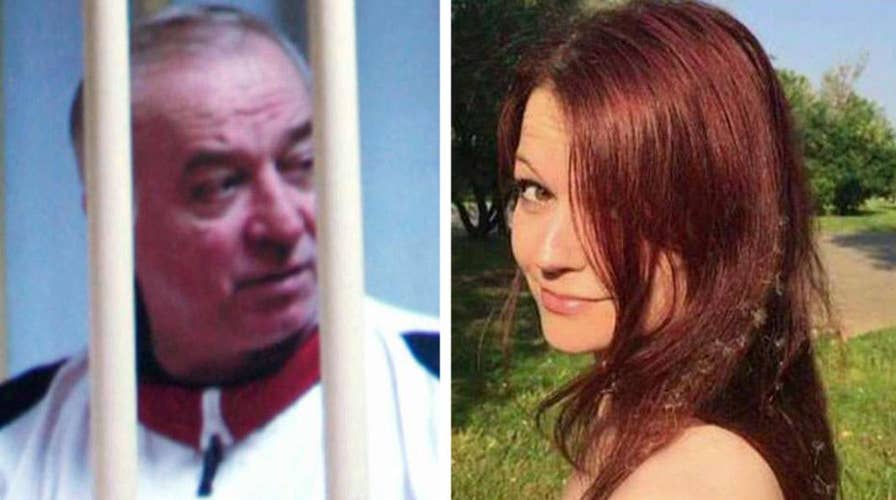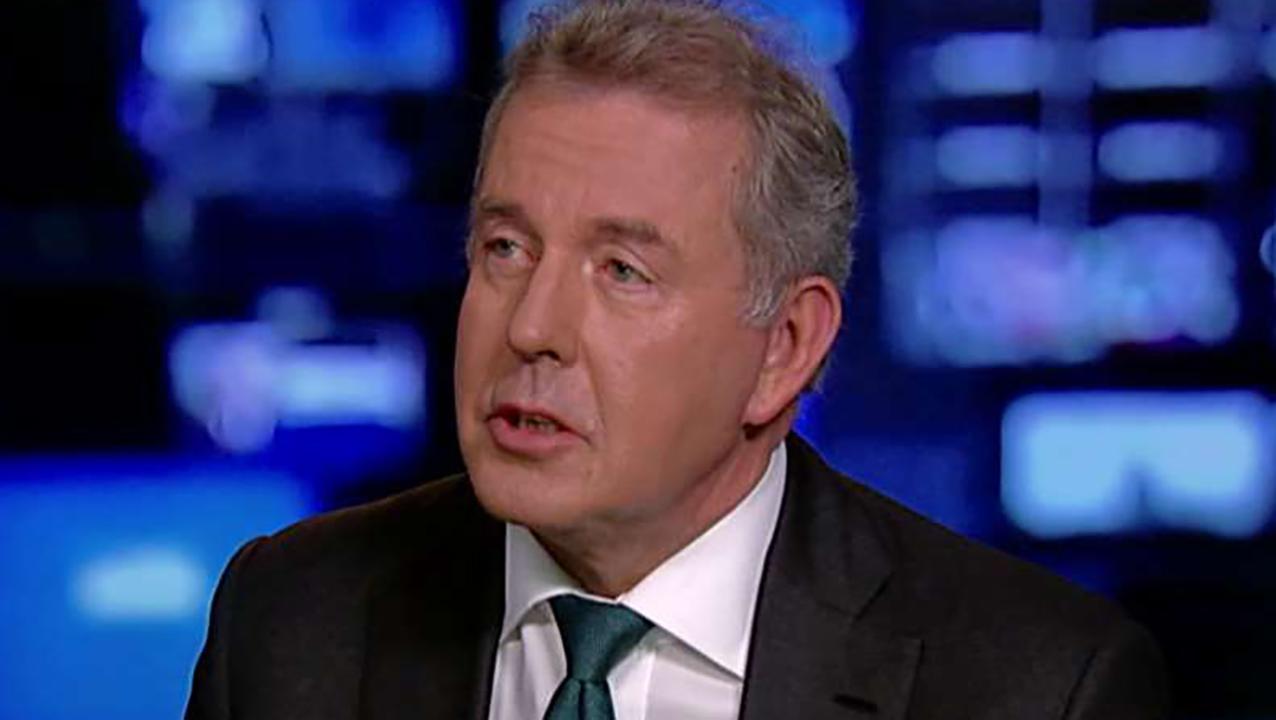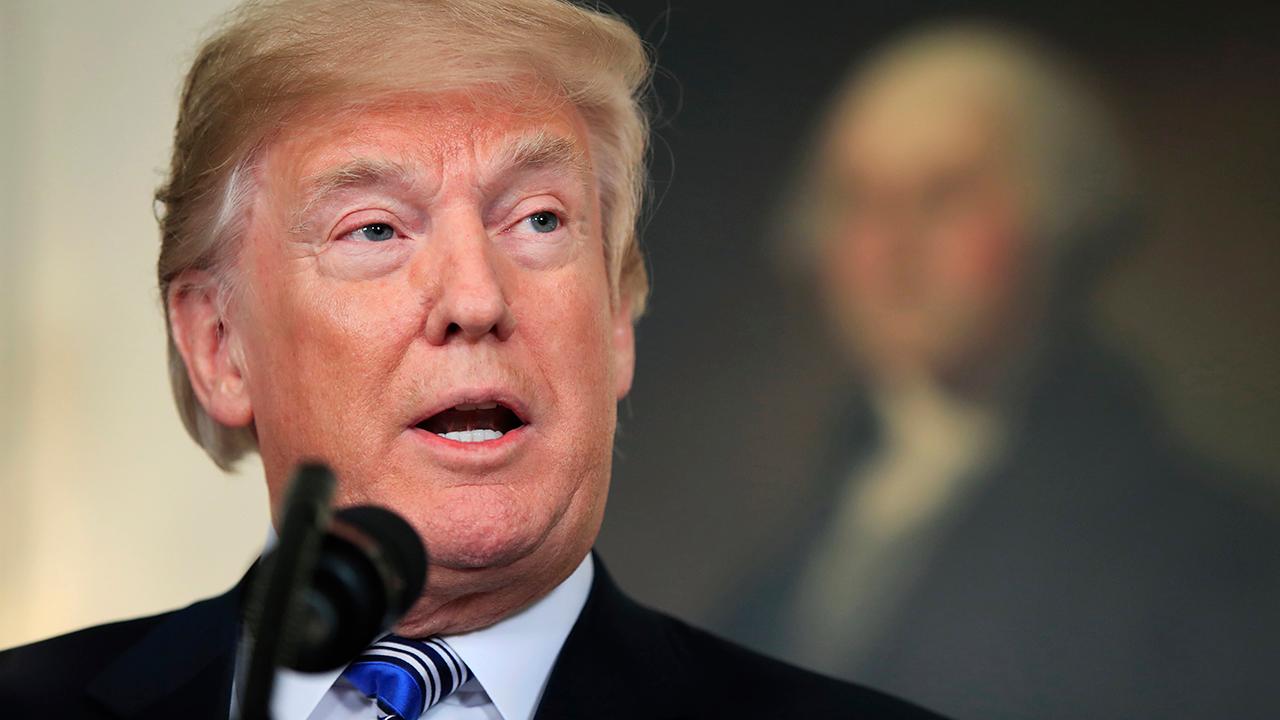Police: Russian ex-spy encountered nerve agent at front door
U.K. authorities identified the highest concentration of the nerve agent at the front door of the Skripal's house.
LONDON – The British government is considering Russia's request for access to the daughter of a former Russian intelligence officer who were both poisoned in Britain by a nerve agent, U.K. officials said Saturday.
The Foreign Office said it was reviewing the Russian request to meet with Yulia Skripal, a Russian citizen, "in line with our obligations under international and domestic law." The government's consideration will include "the rights and wishes of Yulia Skripal," it said.
British Prime Minister Theresa May has blamed the Russian government for the attack on the Skripals, a charge denied by the Kremlin. May has received strong backing from the United States and her allies in Europe, which have accepted Britain's view that the Russian government was responsible for the use of a lethal nerve agent.
Russia has denied the charges.
Russian officials insist they have a legal right to see the 33-year-old Skripal, who lived in Moscow and was visiting her father, Sergei Skripal, in Salisbury when they were attacked March 4 with a nerve agent.
British officials say she is recovering in the hospital while her 66-year-old father remains in critical condition.
The Russian Embassy in London called the daughter's recovery "good news" in a tweet Friday and said Russian diplomats had a right to see her under the 1968 Consular Convention.
The case has escalated East-West tensions, with both sides expelling over 150 of each other's diplomats from two dozen countries.
In St. Petersburg, where Russian officials demanded that the U.S. shut down its consulate by Saturday night, workers busily loaded boxes and bags onto trucks. In brief comments to reporters, U.S. Consul-General Thomas Leary said "we are ready to leave."
Russians watching the activity expressed mixed views on the closure.
"The American side always knows that we can strike back if we are attacked," said Valentina Petrova, 77.
But 24-year-old Artem Zykov saw it differently.
"Russia should have found different mechanisms to respond without such radical measures," Zykov said.
The truck left in the late afternoon, the driver waving and honking the horn several times. Outside the elegant 19th century building, someone had placed four yellow tulips and a card from neighbors reading "hope to see you again."
In another illustration of the deteriorating relations, the Russian Embassy in Britain complained about the alleged search of a Russian airliner at London's Heathrow Airport.
The embassy said British Border Forces and Customs officers searched an Aeroflot flight from Moscow on Friday in violation of international rules. In a tweet, the embassy called the search "another blatant provocation by the British authorities."
British officials responded Saturday that it is routine to search some incoming flights.
Russia has sent a diplomatic note demanding an explanation of the search.



